with a little bit of delay, finally on the blog all the information about Prof. Conde's lectures, readings and c.v.
Abstract:
The lectures will introduce the ‘law and cinema’ contemporary scholarship, trying to look critically (from a european perspective) at some of its premises and results.
Therefore we will focus on underline one of the possible intersections between law and films: that of ‘cinema in law’ (or law on cinema). This approach is by far much less attended (and maybe less ‘funny’, more ‘serious’) than the classical ‘law in cinema’ studies or the (amusing and even ‘worrying’) ‘law as cinema/cinema as law’ debates.
More specifically we will tackle some US Supreme Court decisions (and indecisions) to concisely describe the way in which censorship on films has been –constitutionally and legally- formulated in the twentieth century.
The account should serve as an example –and encouragement- for those students interested in the development of similar subjects, which are not necessarily involved with totalitarian regimes or tendencies.And above all, it is a proposal –and a provocation- concerning the unavoidable (self)analysis about the (individual, social, juridical, economical) limits and burdens of freedom of speech.
Readings:
A) The Yale Law Journal, Vol. 98, No.8, “Popular Legal Culture” (June 1989) (“Introduction”, pp. 1545-1558; Lawrence M. Friedman, “Law, Lawyers, and Popular Culture”, pp. 1579-1606)
Stefan Machura/Peter Robson (eds.), Journal of Law and Society, Vol. 28, No. 1, “Law and Film” (March 2001). The “Introduction”, pp.1-8, includes a selected bibliography (1986-1999)
B) “Motion Pictures and the First Amendment”, The Yale Law Journal, Vol. 60, No. 4. (April 1951), pp. 696-719.
C.V.
Esteban Conde (Barcelona, 1971), Legal Historian (Universities of Barcelona –Autónoma- and now Huelva), received his Ph.D. in Law in 2003. He has written two books (1998, 2006) about the main (and constructive) role played by ‘enlightened’ censorship in Spain, and several articles on police power (its metaphores, tradition and development at the end of the Ancien Régime).
Over the past five years, he has used some interdisciplinary approaches as a tool to teach legal history: litterature and law, and more recently cinema and law.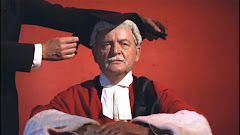

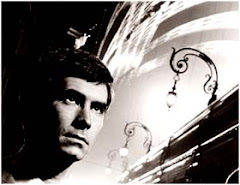


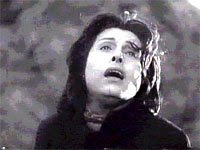
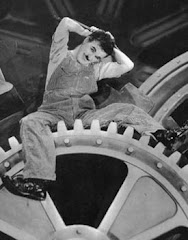
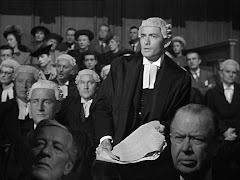

No comments:
Post a Comment